The death toll on the Hawaiian island of Maui from the deadliest US wildfire in more than a century is expected to go beyond 99 confirmed dead, as residents seek answers and express anger that government inaction contributed to the heavy loss of life.
Some survivors in Lahaina, the historic coastal town that was almost entirely destroyed by the fast-moving inferno on Aug 8 and Aug 9, said there had been no warnings.
Others have complained that the government response has been lacking and that survivors' crucial needs are going unmet. There are questions about whether wildfire warnings were loud enough and early enough and whether government officials were adequately prepared.
Fueled by winds gusting up to 80 miles (128 km) per hour, the inferno reached temperatures of 1,000 degrees F (538 C) when it raced on Aug 8 from the dry grasslands outside into Lahaina, a town that had 13,000 residents.
The deadly blaze destroyed or damaged more than 2,200 buildings, 86 percent of them residential, causing an estimated $5.5 billion in damage, authorities said.
Only a few residents have been permitted back into Lahaina to visit their properties. Maui County had briefly relaxed restrictions but quickly suspended the visits on Monday after curiosity seekers crowded streets being used by rescue workers, officials said.
"For those people who have walked into Lahaina because they really wanted to see, know that they're very likely walking on iwi," Governor Josh Green said at a news conference on Maui, using the Hawaiian word for bones.
Hawaiian Electric Industries has come under scrutiny over whether its power equipment played any role in setting off the fires, the cause of which hasn't been pinpointed.
The utility on Monday defended its decision to keep power flowing, even though Maui was buffeted last week by powerful winds fanned by a distant hurricane, raising the risk of downed lines.
Hawaiian Electric CEO Shelee Kimura said there is no program in place to shut off electricity. Shutting power would have created problems for residents who rely on medical equipment, she said. Electricity also powers pumps that provide water in Lahaina.
Some state officials said there is not enough water for firefighters in central Maui and blamed a recent ruling by an environmental judge. The ruling by Judge Jeffrey Crabtree did not directly affect water supplies to Lahaina, the attorney general's office said Monday.
Hawaii officials also have vowed to review the state's emergency notification systems, after Lahaina residents said they received little or no advance warning before the fire engulfed their homes.
The American Red Cross had received more than 2,500 calls from people trying to find and reunite with missing relatives and friends, and about 800 of those have been resolved, said Chris Young, senior director for operations and readiness.
Some of the displaced have grown frustrated with the pace of the government response.
Kanamu Balinbin, a local football coach, set up a relief camp where people who lost their homes and belongings could find water and food.
"I was devastated. I consider myself a strong leader, but it broke me," Balinbin said. "This is what keeps me going, helping people. A lot of us are at that stage."
He said some of the local frustration stemmed from the longstanding perception that Maui does not receive enough attention from the state government despite its tourism revenues.
Pro surfer Kai Lenny told CBS: "For some of us, we were sitting back and waiting for help to arrive, and nothing was happening. We were in shock. I started getting texts from friends, saying, ‘Nobody is here. Do you know anyone you can call? Can you help us?'
"It started with boots on the ground … let's get the Jet Skis, let's get the boats, let's call the friends who fly aircrafts and charter a plane," Kenny said.
"Then it was day after day … where are they?" Kenny said. "I haven't seen one state, one county, one federal official at any of the donation hubs where people are most suffering."
Lani Moala was relieved to find her home among the few left standing, thanks to a neighbor who doused houses with a water hose as people fled. But the rest of her neighborhood was devastated.
"Everything that way was just demolished. It's just so sad," Moala said on Monday.
Her extended family lost three of their five homes to the fires.
"We're going to rebuild, and we're going to be Lahaina again," she said.
Some residents, however, are worried that the 19th century capital of the Kingdom of Hawaii could lose its character if outside investors are permitted to buy up distressed properties.
The governor said Monday that he is already exploring legal options to prevent any immediate sales of properties that were damaged or destroyed.
"I will try to allow no one from out of state to buy any land until we go through this crisis to decide what Lahaina should be," he said.
Nearly 2,000 housing units, including 400 hotel rooms, 1,400 Airbnb units and 160 private homes were being made available for the displaced, Green said.
More than 3,200 Hawaii residents have registered to receive federal assistance so far, Jeremy Greenberg, the Federal Emergency Management Agency's director of response operations, told reporters.
As of Monday, FEMA said there were more than 300 federal workers on the ground, and the emergency agency has provided 50,000 meals, 75,000 liters of water, 5,000 cots and 10,000 blankets to the county government.
President Joe Biden said Tuesday that he and first lady Jill Biden will visit Hawaii "as soon as we can" to survey the damage. He said he doesn't want his presence to interrupt recovery and cleanup efforts.
The governor praised Biden after he signed the emergency declaration hours after Hawaii asked.
Biden drew criticism when he appeared to say he had no comment Sunday on the mounting death toll while on a weekend vacation at Rehoboth Beach in Delaware.
Republicans have criticized Biden for not commenting since expressing support for victims on Aug 10. Then, at an event in Utah, he said "every asset" would be made available after he approved a disaster declaration.
The White House on Monday defended Biden's response to the wildfires. Press secretary Karine Jean- Pierre said the president was "deeply concerned".
FEMA is providing $700 to displaced residents to cover the cost of food, water, first aid and medical supplies, in addition to coverage for the loss of homes and personal property. The $700 payment was called insufficient by some on social media.
"Can someone please explain how our government can send hundreds of billions to other countries, but chooses to pinch pennies when our own people are in need?" financial commentator Mark Wlosinski wrote on X, formerly Twitter. "This is insulting."
Green said "leaders all across the board" have helped by donating more than a million pounds (454,000 kilograms) of food as well as ice, water, diapers and baby formula. Some active-duty US Marines also helped.
Amazon founder Jeff Bezos and his fiancee Loren Sanchez have pledged $100 million to the relief effort.
The Hawaii Community Foundation said it had received more than $27 million in individual donations to help the fires' victims as of Monday.








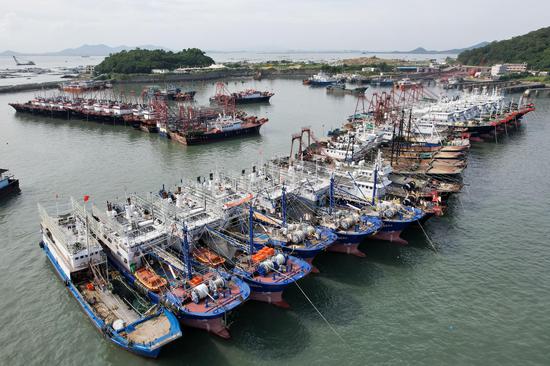
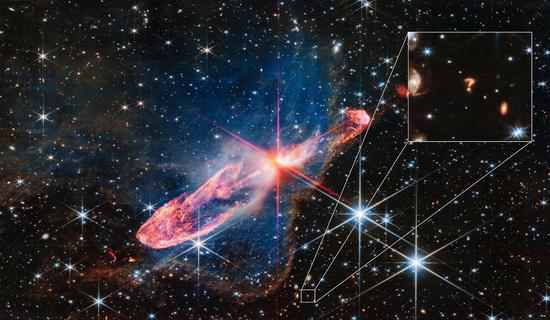
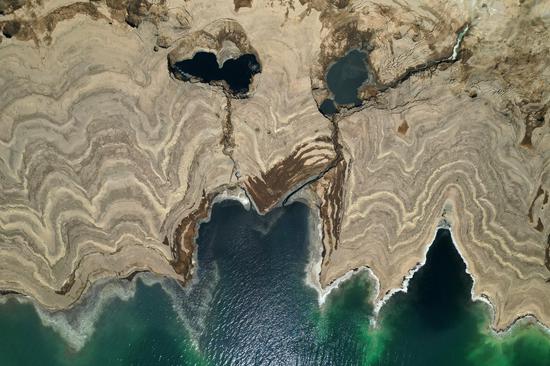

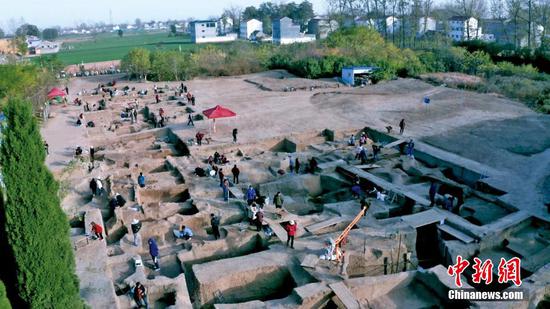

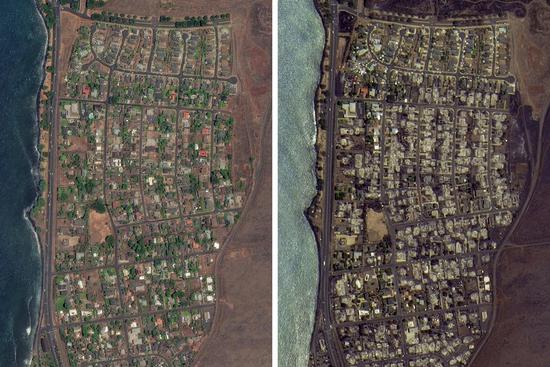
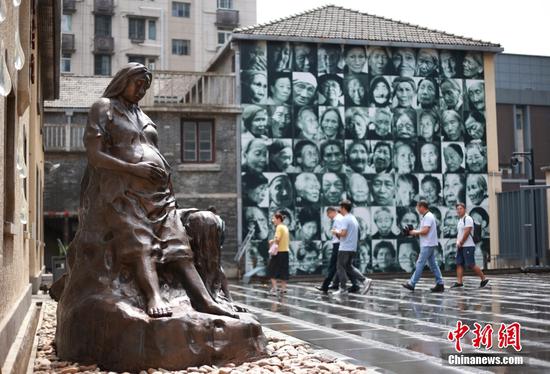
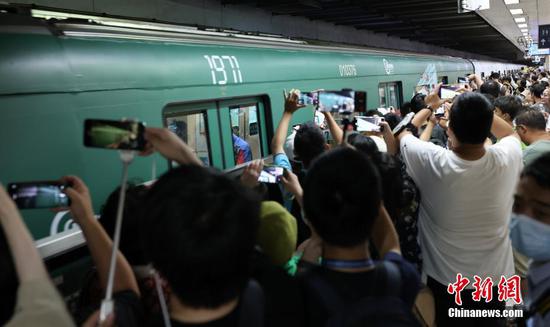
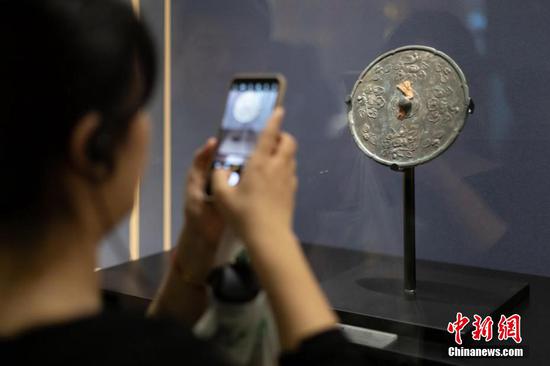
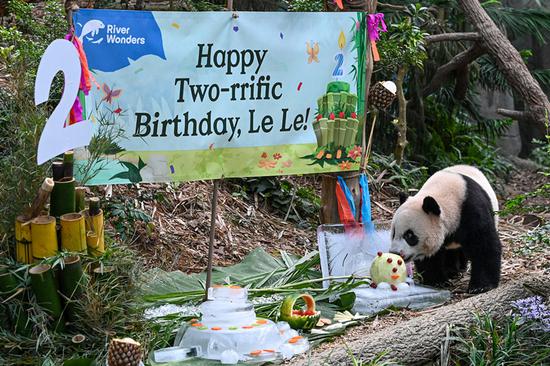
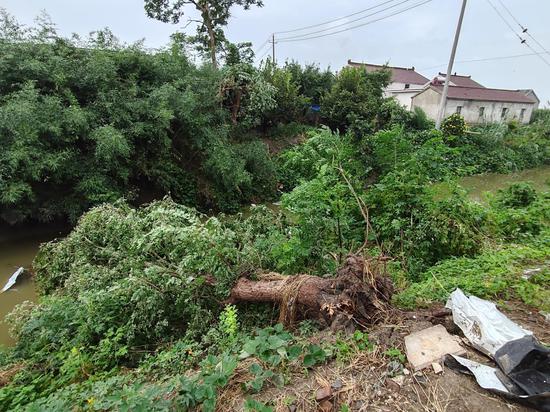

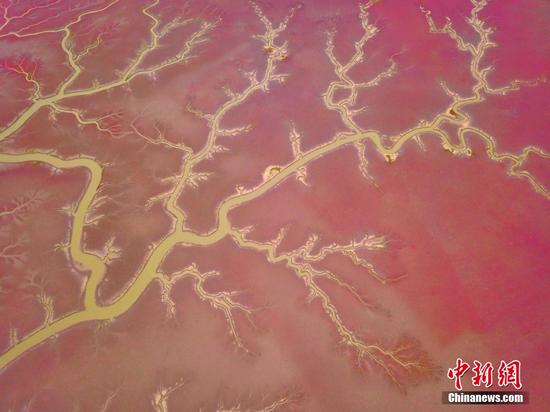
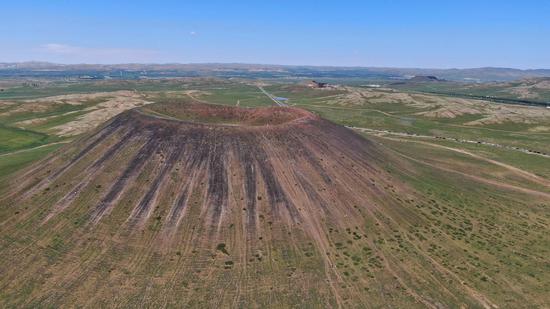
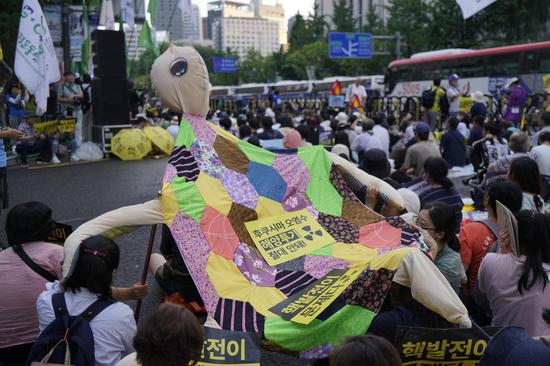
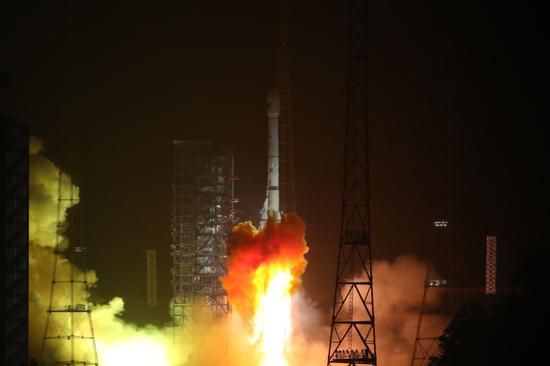
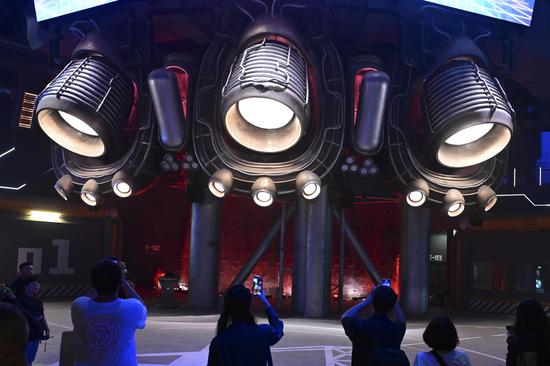
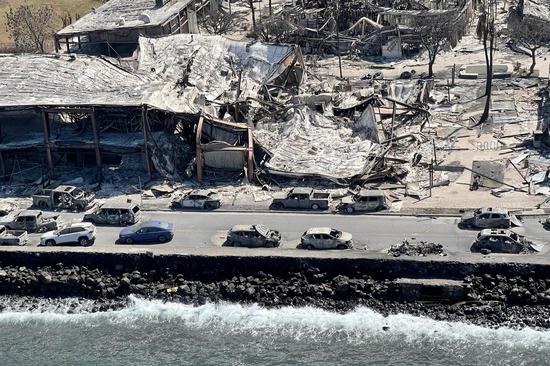


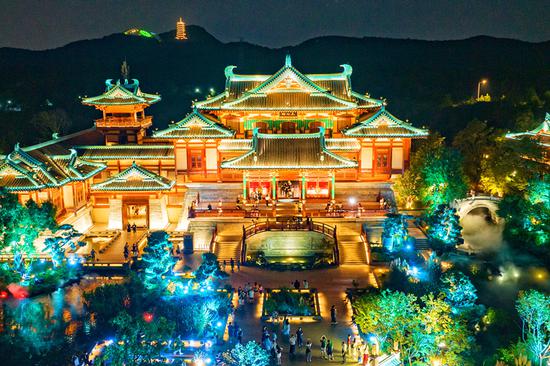
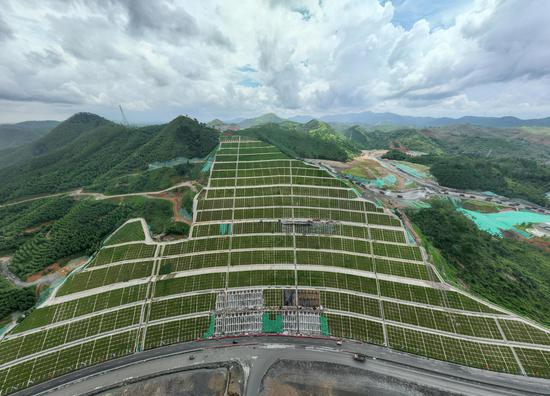

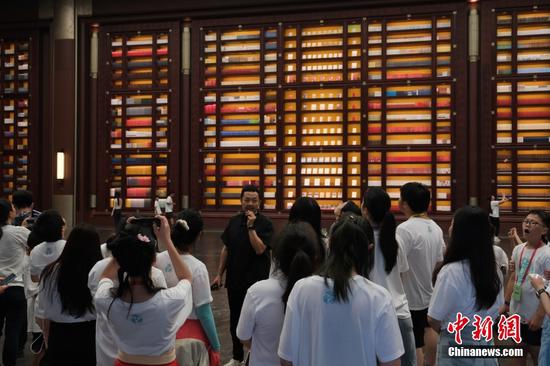
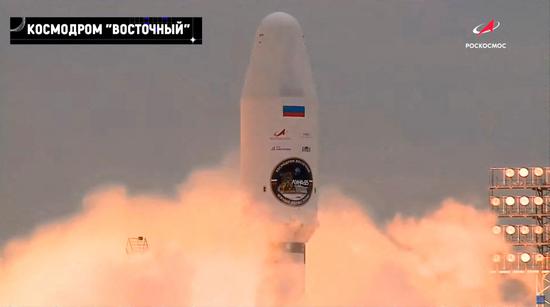
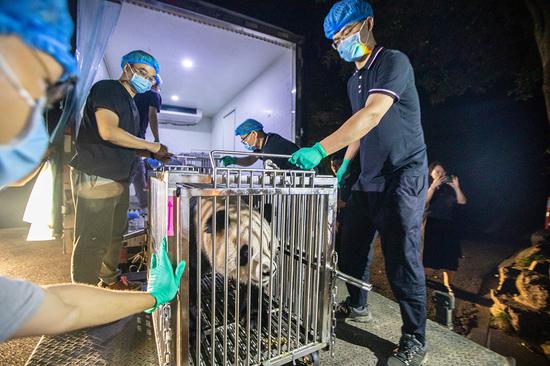
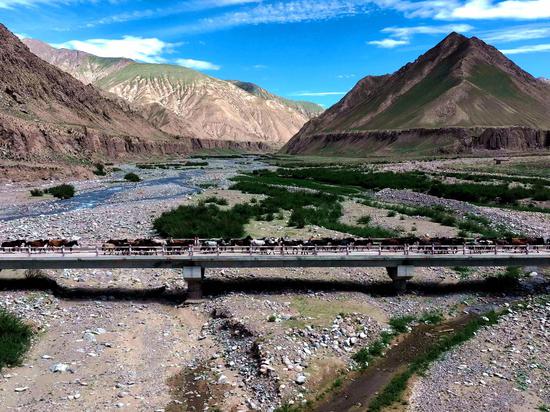
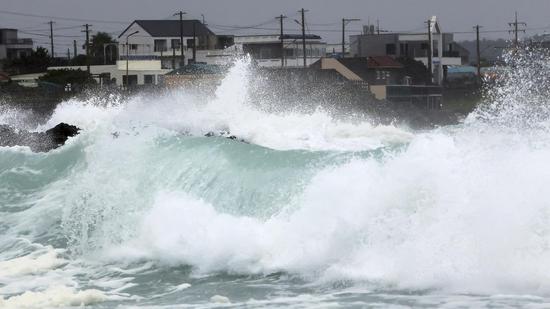
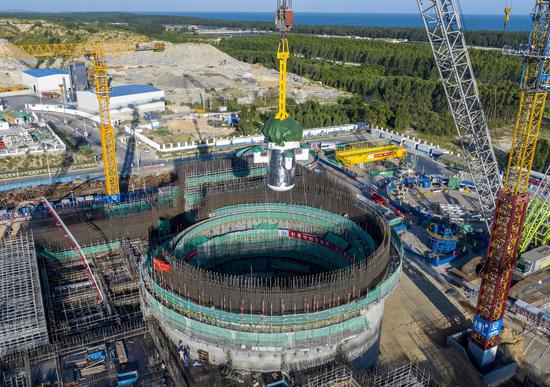
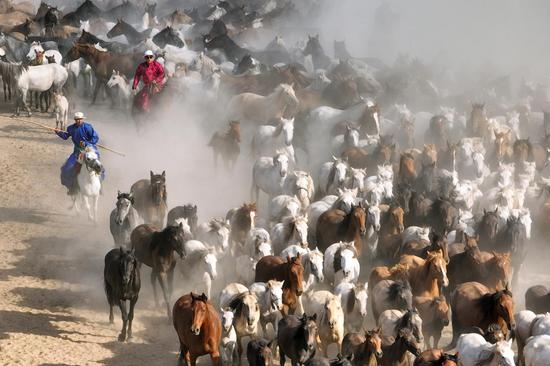
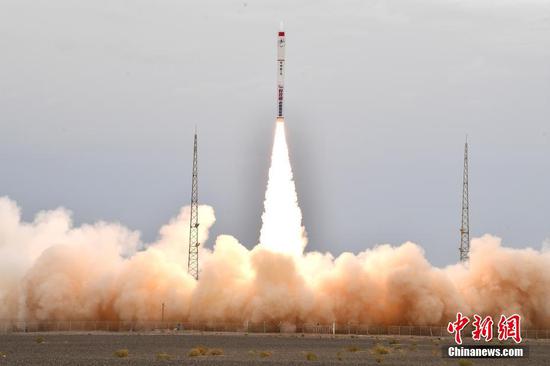
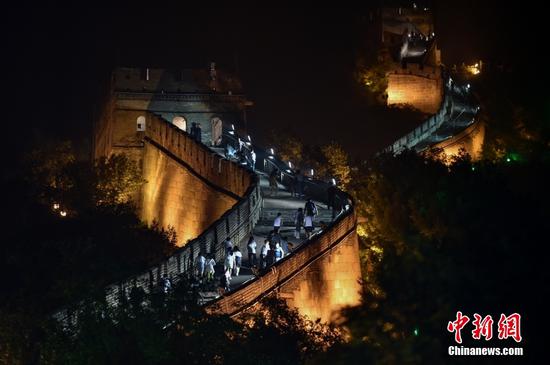
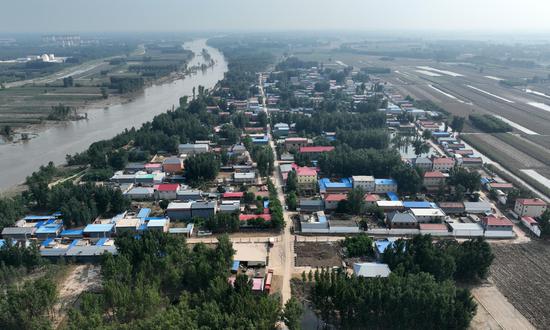
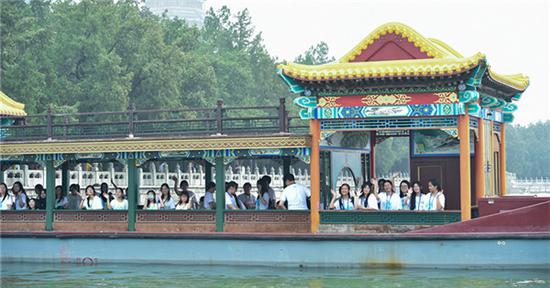
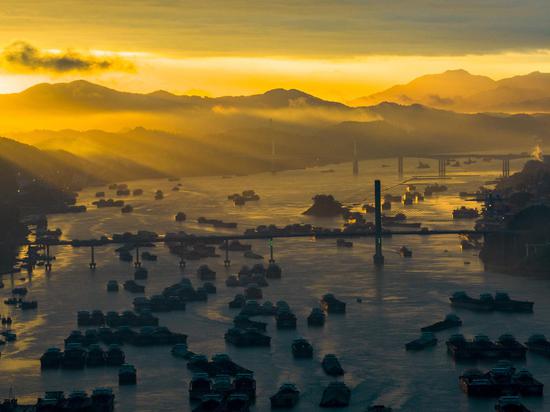
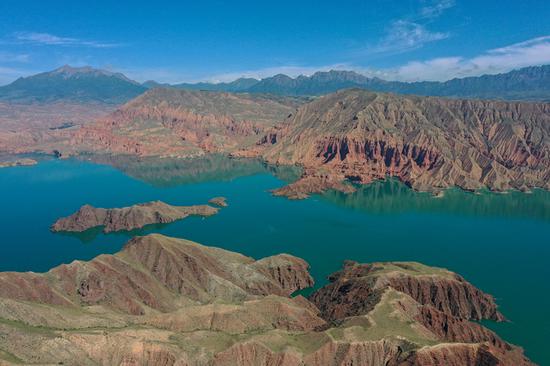

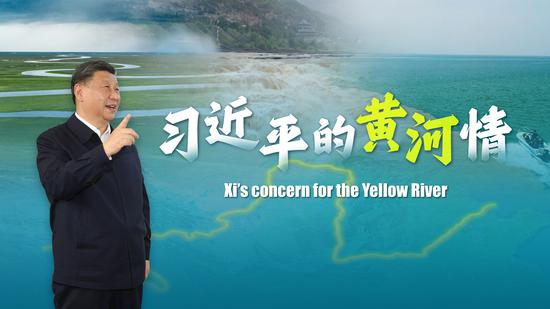



 京公网安备 11010202009201号
京公网安备 11010202009201号